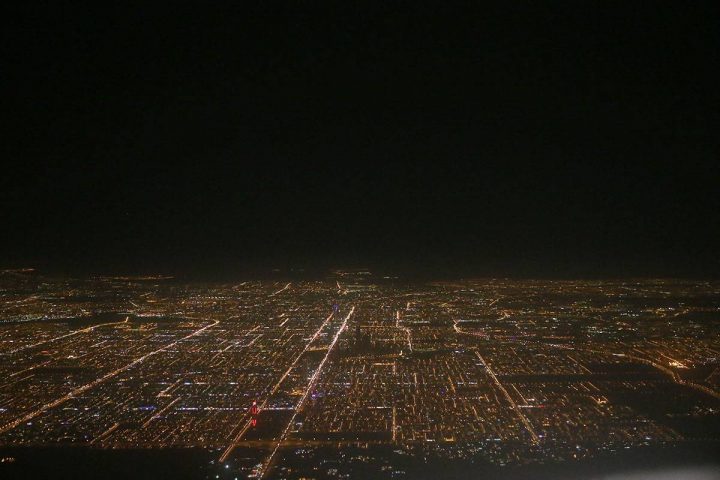RIYADH, Saudi Arabia – Saudi Arabia said Tuesday that 34 nations have agreed to form a new “Islamic military alliance” to fight terrorism with a joint operations centre based in the kingdom’s capital, Riyadh.

The announcement published by the state-run Saudi Press Agency said the alliance will be Saudi-led and is being established because terrorism “should be fought by all means and collaboration should be made to eliminate it.”
The statement said Islam forbids “corruption and destruction in the world” and that terrorism constitutes “a serious violation of human dignity and rights, especially the right to life and the right to security.”
The new counterterrorism coalition includes nations with large and established armies such as Pakistan, Turkey and Egypt as well as war-torn countries with embattled militaries such as Libya and Yemen. African nations that have suffered militant attacks such as Mali, Chad, Somalia and Nigeria are also members.
Saudi Arabia’s regional rival, Shiite Iran, is not part of the coalition. Saudi Arabia and Iran support opposite sides of in the wars raging in Syria and Yemen. Saudi Arabia is currently leading a military intervention in Yemen against Shiite Houthi rebels and is part of the U.S.-led coalition bombing the Sunni extremist Islamic State group in Iraq and Syria.
WATCH: Women allowed to vote, elected to office for first time in Saudi Arabia
Turkey, the only country in the alliance that is also a NATO member, welcomed the new coalition. Turkish Prime Minister Ahmet Davutoglu called it the “best response to those who are trying to associate terror and Islam.”
“We believe that this effort by Muslim countries is a step in the right direction,” Davutoglu said.
At a rare news conference, Saudi Deputy Crown Prince and Defence Minister Mohammed bin Salman said the new Islamic military coalition will develop mechanisms for working with other countries and international bodies to support counterterrorism efforts. He said their efforts would not be limited to only countering the Islamic State group.
“Currently, every Muslim country is fighting terrorism individually … so co-ordinating efforts is very important,” he said.
He said the joint operations centre will be established in Riyadh to “co-ordinate and support military operations to fight terrorism” across the Muslim world.
Smaller member-states included in the coalition are the archipelago of the Maldives and the Gulf Arab island-nation of Bahrain, which is home to the U.S. Navy’s 5th Fleet.
READ MORE: Maryland man accused of trying to support ISIS militants
Other Gulf Arab countries such as Kuwait, Qatar and the United Arab Emirates are also in the coalition, though notably absent from the list is Oman, a neighbour of Saudi Arabia. In recent years, Oman has maintained a neutral role and has emerged as a mediator in regional conflicts, serving as a conduit from the Gulf Arabs to Iran.
However, Iraq and Syria, whose forces are battling to regain territory taken by the Islamic State group and whose governments are allied with Iran, are not in the coalition.
A Jordanian government spokesman confirmed that the Hashemite kingdom is part of the coalition. Spokesman Mohammed Momani would not comment specifically on the alliance but said that “Jordan is always ready and actively participates in any effort to fight terrorism.”
Benin, while it does not have a majority Muslim population, is another member of this new counterterrorism coalition. All the group’s members are also part of the larger Organization of Islamic Cooperation, which is headquartered in Saudi Arabia.
—
Associated Press writers Karin Laub in Amman, Jordan, and Suzan Fraser in Ankara, Turkey, contributed to this report.



Comments